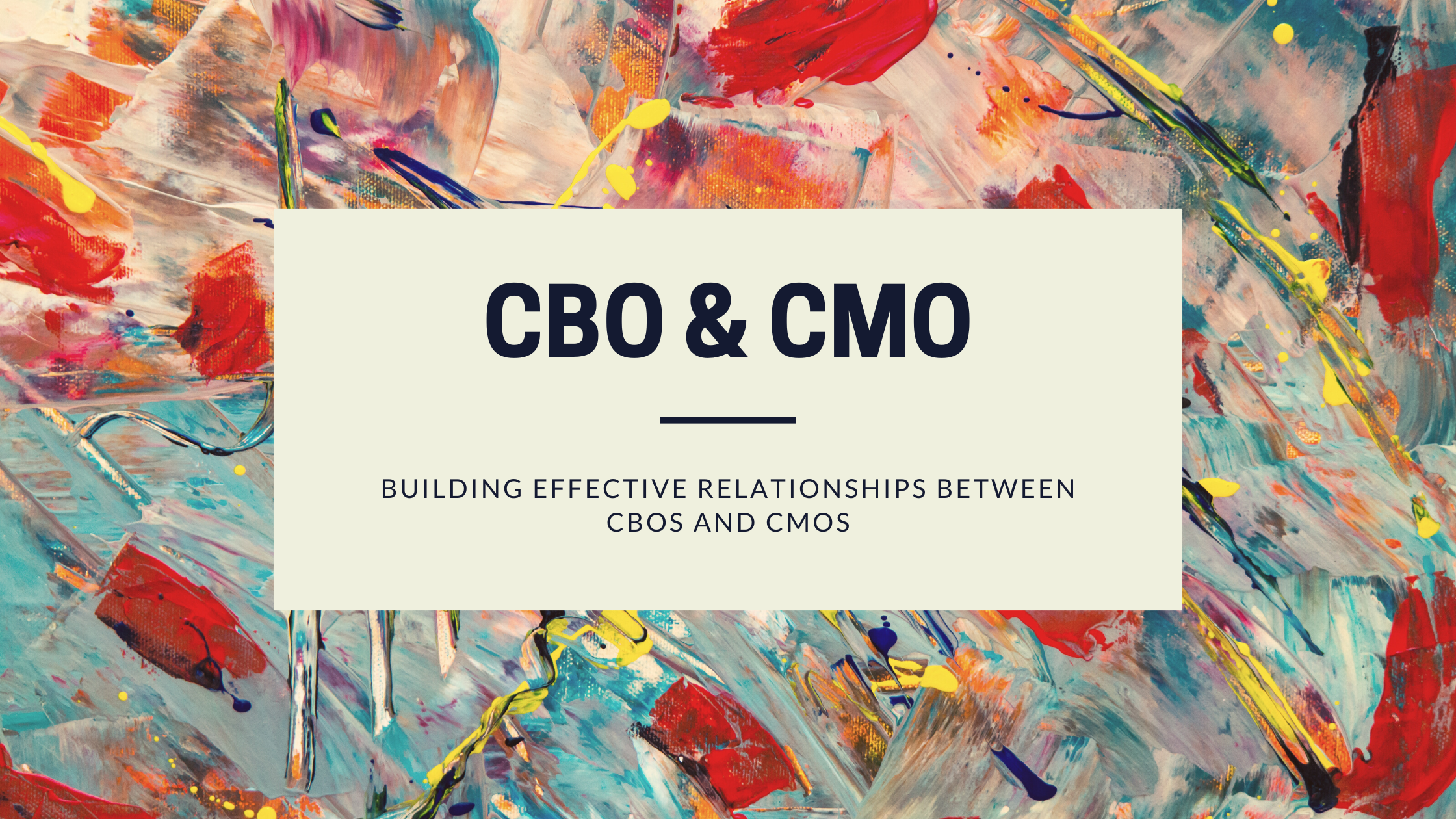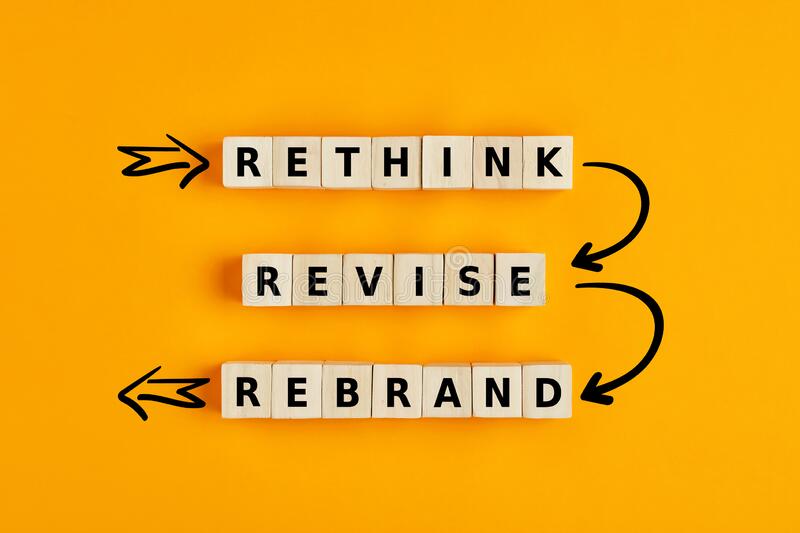Recruiting new strategic minds to advertising has been on my mind this month. Our world is more complicated and multifaceted than ever before, likewise our advertising industry. What was once one of the most fulfilling and glamorous of career paths has become a fragile environment where agencies are doing more work than ever before.
Agencies continue to hang on to the notion that clients want big creative campaign ideas, but what clients really want is business results driven by creativity. Creativity still matters, but it must be anchored in articulating the business ROI.
To survive into the future, agencies must recruit and train new talent who are eager to solve problems that help clients drive business outcomes. People who are desirous consumers of popular culture and driven by curiosity to understand how a business progresses. Divergent thinkers, born from curiosity, but driven by breaking down core business challenges.
So, what weapons should someone starting out have in their arsenal to prepare for a more collaborative, consultative dynamic?
To develop informed creative solutions in the face of disruptive technologies and market changes we need to develop strategists who are largely generalists and are incredibly adaptable. People who are have an entrepreneurial, adaptable mindset and can embrace the knowledge, teamwork, appreciation of the advertising craft.
Twenty years ago our focus was the consumer, now planning increasingly occurs at the intersection of culture and technology, and must take into account various aspects of looking at the fundamentals that are driving businesses and changing the environment in which we’re working. I think this is important for people working in all sectors, but particularly those who lead creatively because it creates solid foundations for decision-making. Otherwise, we simply end up running our businesses with gut-feeling.
If you want to get a head start in your advertising career strategist need be the new curators of value.
The strategist’s goal is not to find a niche within the existing industry space but to create new space that is uniquely suited to the company’s own strengths—an ownable space that drives growth. Strategists have many new responsibilities beyond simply planning for a brand; they must fill other roles and functions. A great strategist should always be bringing new opportunities to the table that deliver incremental business value. Our goal is to always look to create new spaces that are uniquely suited to the brand’s own strengths and can be utilized to further our goals. Understanding and managing digital disruption are key elements to embrace constant technological change.
How to actually adapt these roles
Develop a hunger and curiosity for solving a problem and create new ways of thinking.
Learn to be strategy-focused. That means we first focus on understanding the consumer and business challenge and then focus on delivering a solution that reaches beyond the mere dissemination of information to uncover emotional insights that can help brands intrigue and engage consumers. A great strategist should always be bringing new engagement opportunities to the table, such as new social media ideas or platforms, branded entertainment, or other fresh ideas. Strategy is a forward-focused discipline where we should be spending more time focused on the long-term picture and helping to deliver or identify, lead, and create projects that enable business growth.
Brands should be focused on developing marketing that is inclusive, not disruptive. Brands need to embrace new media opportunities. When focusing on social media, it is all about encouraging users to contribute, share, and interact. Social media is also about storytelling and actively promoting yourself to the right niche channels to maximize buzz and virality.
Here are some even more specific ways to actually put planning and strategy into use when thinking about how to drive value for a brand.
Simplify to the point that nothing extra is included
When developing a strategy, you need to focus only on what’s necessary. Like I mentioned above, there’s so much that goes into planning and strategy, it understandably feels quite overwhelming. Instead of spreading yourself too thin, simplify what you’re doing as much as possible and get rid of anything extra that takes away from the main point.
Challenge yourself
When you’re developing strategy, you want to continually challenge yourself. Something that worked last week may not continue to do so. Technology and trends are constantly changing, so you need to learn to adapt to these new developments. Always challenging yourself and your brand when working on new strategy is important in order to keep growing.
Keep the train moving from business owners towards execution
It’s important to get quality input from the business owners you’re working with, but do not let them slow you down. Create your strategy and utilize your resources and then make sure to actually execute the plan you devise. Working with business owners is a vital part of crafting strategy, so use it to your advantage and make it easier to execute said strategy.
Put your creativity into writing well
One of the most skillful ways you can build a great brand and put your strategy to work is through great writing. So much of branding can be automated and is fairly standard. Most strategists work using the same array of tools and methods, but quality writing stands out. Use your creativity in other aspects as well, but really focus and let it blossom when writing.
Don’t boil the ocean, choose small ways to improve and add value
When you’re trying to improve a strategy that just doesn’t seem to be working the way it should, avoid revamping the entire plan and starting from scratch. You’ll throw all the time you spent on it out the window and could lose some valuable ideas that would have worked if simply tweaked a bit. Instead, find small ways to make changes and increase your plan’s value and improve it so it works with the brand you’re trying to create.
As a brand strategist, you’re taking on a huge variety of roles and responsibilities. It’s up to you to make a plan and actually carry it through to fruition. You need to seamlessly weave strategy and planning into actually executing your ideas in order to craft a strong brand. Once you learn how to feature these skills, you’ll understand a lot more when it comes to creating a fantastic brand. In addition to developing a strong brand, you also need to deliver on business results. Advertising is all about working toward business goals that further the company’s success.





